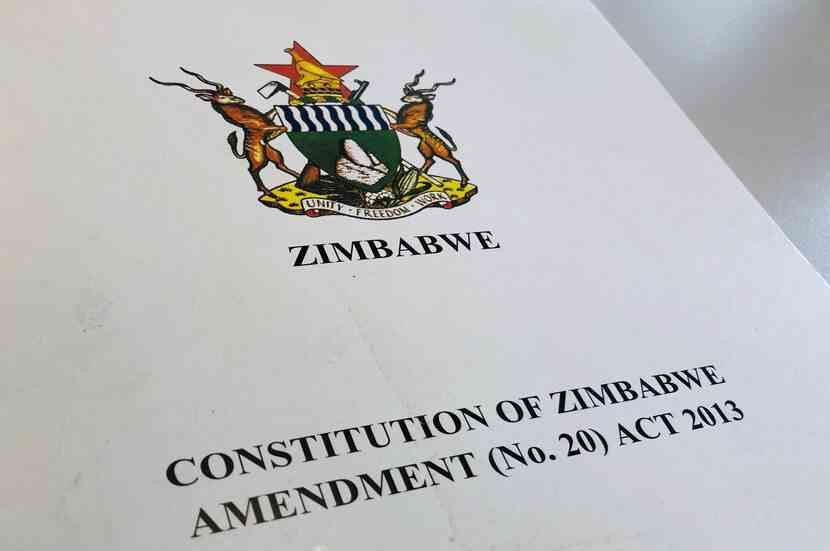
PRESIDENT Emmerson Mnangagwa assumed office in November 2017 and secured his first full term in the 2018 elections.
His second and final term, per the current constitution, is set to end in 2028. At 82, President Mnangagwa has repeatedly stated his intention to retire in 2028, paving the way for a successor.
Yet, as it stands, Zanu PF has no clear succession plan. The ruling party remains opaque about who might take over when he steps aside as constitutionally mandated.
Unlike regional liberation movements such as South Africa’s ANC, where vice presidents often succeed incumbents, Zanu PF operates in a climate of uncertainty and internal power struggles.
It is a cat and mouse game in Zanu PF. This lack of clarity breeds animosity and instability within both the party and government.
The political intrigue in Zanu PF continues to escalate. While President Mnangagwa has publicly committed to constitutional term limits, some of his supporters appear to have other plans.
At the party’s national conference in Bulawayo last year, a resolution was passed to extend the President’s term from 2028 to 2030. Justice and Parliamentary Affairs minister Ziyambi Ziyambi later confirmed that constitutional amendments were possible to implement this resolution, claiming it reflects the will of the people who elected President Mnangagwa.
Ziyambi’s argument is that President Mnangagwa may not want to overstay his welcome but the people who chose him want him to continue ruling.
- Byo author eyes SA award
- Sables’ big night…face tricky tie against Ivory Coast
- Sables Trust assures stakeholders
- US$200K armed robber in court
Keep Reading
This argument is deeply flawed. President Mnangagwa has publicly rebuked his followers for this proposed extension.
Criticism has emerged from various quarters, including student unions and church groups, condemning the move as undemocratic.
Extending the presidential term would require extensive processes, including public consultations, legislative actions, and a referendum. Such a referendum essentially amounts to another national election to vote “yes” or “no”, requiring significant financial resources.
To put this into perspective, the 2018 elections cost Zimbabwe approximately US$274 million, while the 2023 elections used US$188 million.
A referendum, along with other related processes, would further drain the country’s already strained coffers.
Between 2018 and 2025/26, Zimbabwe could squander an estimated US$600 million on election-related expenditures.
This is money the country desperately needs for critical sectors such as healthcare and education. Instead, the government continues to burden its impoverished citizens with excessive taxes, squeezing them dry without tangible improvements in public services.
Even war-torn countries do not impose such a relentless tax regime.
We are milked dry but with little or nothing to show for these unjust taxes.
However, what it clearly shows is that politicians do not care about the welfare of the people they claim to represent.
Political expediency matters in our elite rulers’ minds.
Millions of Zimbabweans live in extreme poverty, according to the World Bank, while public hospitals remain death traps. Yet, for the political elite, maintaining power takes precedence over addressing these urgent issues.
This Machiavellian thrust is a self-centred and an unhealthy approach to democracy.
Why not redirect the millions earmarked for a presidential term extension to address the country’s crumbling infrastructure, ensure functional hospitals, and improve the education system?
Zimbabweans are a laughing stock all over the world. They deserve better. They should not be reduced to enduring menial jobs abroad because of economic chaos at home.
For the sake of his legacy, President Mnangagwa should reject any attempts to amend the constitution to extend his tenure.
Leaving office in 2028, as promised, would allow him to exit with dignity, having implemented several notable projects in the seven years in power, with indications that he can do more than his predecessor.
Tampering with the constitution would not only tarnish his legacy but also further isolate Zimbabwe on the global stage, perpetuating the country's image as a pariah state.
President Mnangagwa has a chance to set a positive precedent — one that upholds democracy and restores confidence in Zimbabwe’s governance.
The question remains: will he seize it?











